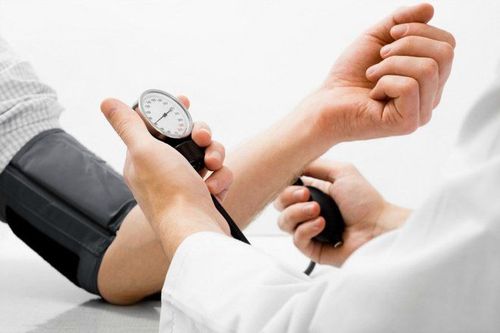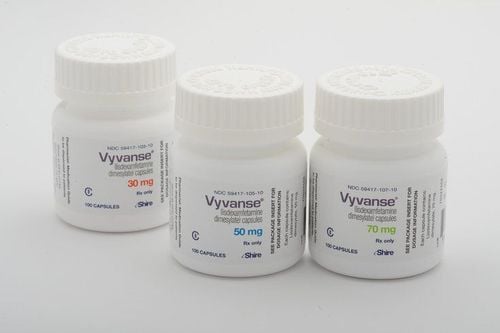This is an automatically translated article.
Emotional eating can become a bad habit, causing many serious health and psychological consequences. Try some of the measures below to improve the situation.
1. The relationship between human emotions and food
Humans need food to survive. Over time, along with evolution, humans no longer just eat full, but eat well, eat to relieve psychological needs.
Overeating because of stress is a concern of the whole community, as the proportion of people who are often stressed increases and the habit of using food to fill the mood is becoming popular. However, this can get in the way of healthy eating efforts, increasing your risk of developing an eating disorder. Here are some tips to help you stop "emotional eating".
2. How to Treat “Emotional Eating”
2.1. Realizing the consequences of “emotional eating.” Some people use food to fill sadness or relieve stress. However, food only has a temporary effect, those feelings will return quickly. But regularly eating when in a bad mood can form bad habits, causing obesity, cardiovascular disease and other health problems. So always be aware of what foods you eat and why you eat them.
2.2. Keep a Meal Journal Write a list of foods for the day, when and where you eat them. A food diary is a great tool to help you keep track of your eating habits. This could answer questions like are you snacking between meals? Is the food healthy? From monitoring the logs, you will find the problem and come up with the right solution.
2.3. Check to see if you're hungry If you've just eaten a large meal and still want more snacks, ask yourself: Are you hungry, or are you simply eating emotionally? If you're not hungry, temporarily forget about eating by going for a walk, calling a friend or drinking some water.
2.4. Talk to Family and Friends Talking to family and friends can make it easier to get through stress. Having someone to talk to will create a bond, positive emotions to maintain a healthy lifestyle. Studies have shown that people who work under high pressure have better mental health when they receive lots of encouragement and support from family and friends.

Tâm sự với người thân giúp cải thiện tình trạng ăn uống theo cảm xúc
2.5. Don't get too focused on goals Don't get too hung up on goals like calorie loss, menu planning and weight viewing. It can increase stress and make you crave more.
Don't hesitate to try new foods or prepare old dishes differently. Always make sure to reward yourself with healthy meals along the way.
2.6. Don't be tempted Eliminate the urge to snack by leaving them at home. Worried about buying junk food at stores? Stick to the healthy food list and never go to the store hungry or in a bad mood.
2.7. Have healthy foods ready Have healthy foods ready in case you feel hungry between meals. Examples include low-fat fruits, vegetables, nuts, or commonly eaten foods in low-fat versions.
2.8. Don't pressure yourself. Don't obsess about failures, but learn from mistakes to avoid creating more stress. Always aim for big goals and figure out how to curb your emotional eating habits.
2.9. Food Alternatives Alternatives can help reduce your craving for unhealthy foods. For example, if you have a craving for pizza, try making it with healthy food sources like tomato sauce, veggies, mozzarella cheese, and pita bread. Food substitutions both help create a sense of joy when preparing favorite foods, while not disrupting a healthy diet.
2.10. Meditate When you have an appetite, try meditation to ease stress and help combat eating disorder triggers. Choose a quiet place to sit and observe your thoughts and breathing.

Thiền là một trong các cách điều trị ăn uống theo cảm xúc
2.11. Physical activity Physical activity triggers the body to produce chemicals called endorphins, hormones that create feelings of calm and relaxation. Try yoga or tai chi, both of which are low-injury physical activities that still warrant a good workout.
Also, don't be afraid to discuss your eating habits with your doctor or mental health professional. They can provide therapy and advice to help you identify the causes of your stress and provide ideas on how to make better food choices to achieve healthy goals.
Please dial HOTLINE for more information or register for an appointment HERE. Download MyVinmec app to make appointments faster and to manage your bookings easily.
Reference source: webmd.com













